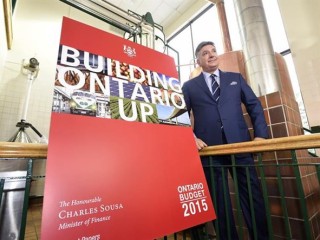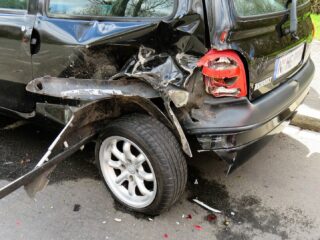LAT upheld the limitation period for denied CAT Benefits. It held that a catastrophically impaired Applicant missed the two year limitation period to dispute the Insurer’s refusal to pay housekeeping and attendant care benefits.
Date Case Heard: June 19, 2017 | Full Decision [PDF]
The Applicant, S.T., was a pedestrian involved in a motor vehicle accident on September 12, 2008, at which time she sustained a variety of injuries including multiple fractures to her left shoulder. Following the accident, the Applicant received various benefits under the SABS, including housekeeping and attendant care benefits.
On August 11, 2010, Economical approved an Application for Approval of an Assessment or Examination (OCF-22) for a file review for evaluation of catastrophic impairment and to submit a CAT application (OCF-19), if required. There was no evidence that the approved OCF-22 assessment was completed. Furthermore, Economical sent the Applicant an OCF-9 on August 26, 2010, near the two year mark, advising that no further housekeeping and attendant care benefits would be paid after the 104-week mark.
In 2011, 2013 and 2014, the Applicant submitted occupational therapy progress reports to Economical confirming her ongoing need for attendant care services. There was no evidence that expenses for the services were actually submitted to Economical. The Applicant did not submit an Application for Determination of Catastrophic Impairment until May 13, 2015, almost seven years post-accident. After appropriate assessments were completed, she was deemed to be catastrophically impaired by Economical. After this, the Applicant submitted further expenses for housekeeping and attendant care, which were also denied on the basis that the Applicant did not dispute the initial denial of these benefits within the two year time period required by the SABS. The Applicant did not dispute the initial denial of housekeeping and attendant care until September 29, 2016.
Various arguments were raised on behalf of the Applicant; however, the main arguments were that there can be no denial prior to entitlement and that the limitation period could not begin to run until the Applicant discovered she was catastrophically impaired. The Applicant argued that since there is no limitation period for applying for catastrophic designation or for disputing an insurer’s denial of a catastrophic application, to accept Economical’s position would be to accept that insurers can create a time limit/limitation period for when an insured must apply for catastrophic impairment determination, which goes against recent decisions such as Guarantee v. Dong Do and Machaj v. RBC.
Economical argued that the Do and Machaj decisions were not relevant to the issue in this case because it was the specific benefits claimed that were denied, not catastrophic designation. The LAT agreed and found that the objective of consumer protection must be balanced against other objectives, such as the finality and certainty that limitation periods provide. The LAT also confirmed that the principle of discoverability does not apply in the scheme of statutory accident benefits. The application to the LAT was dismissed.
Read the full decision [PDF]










